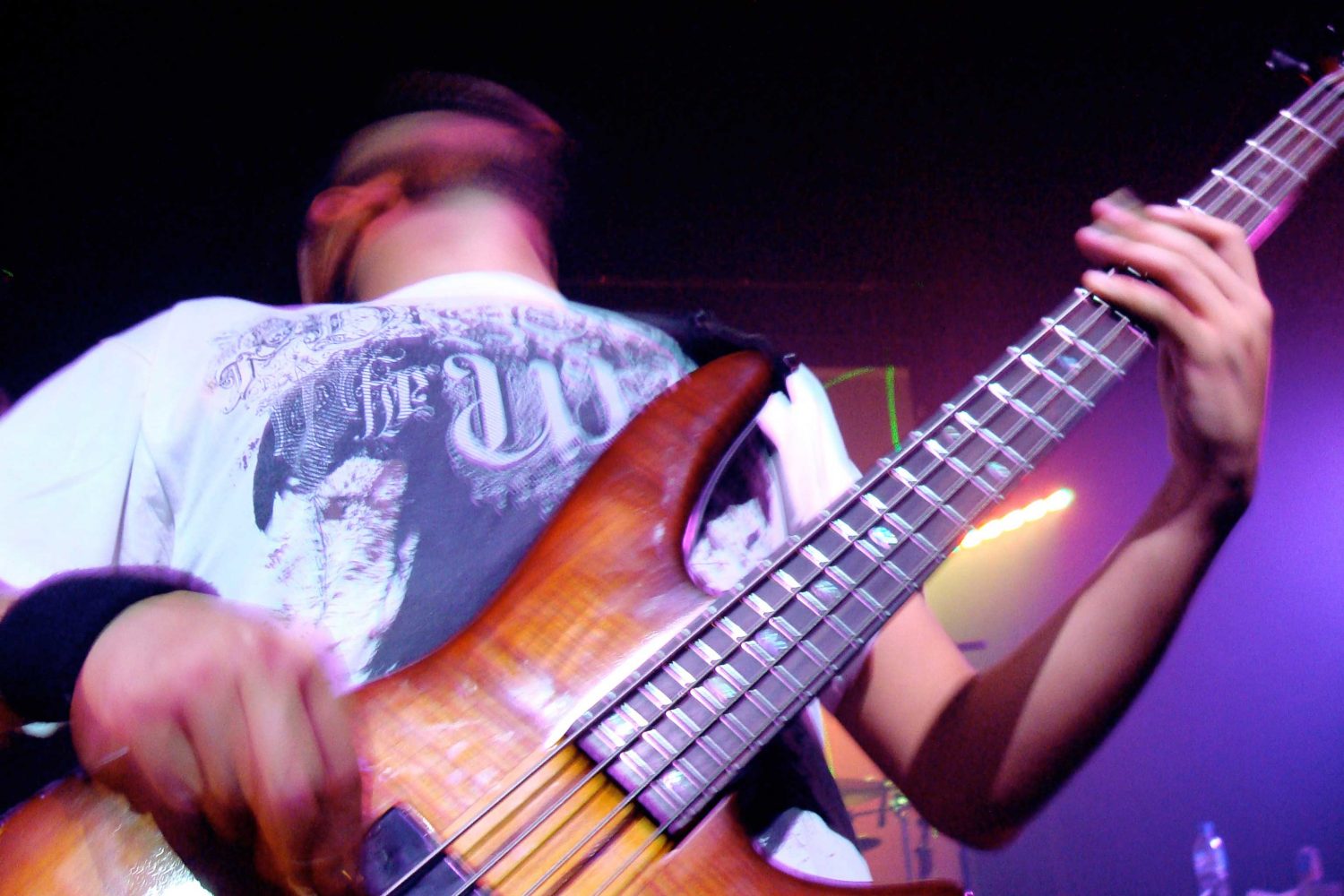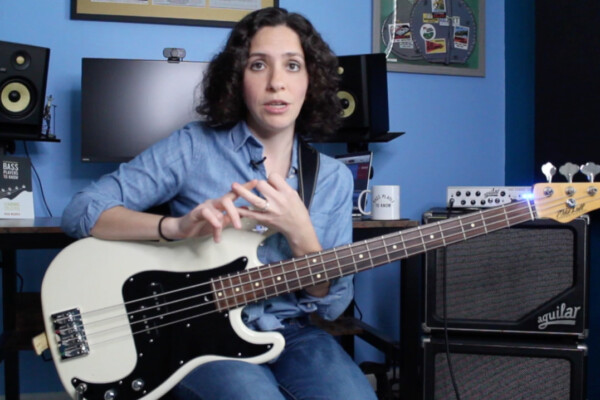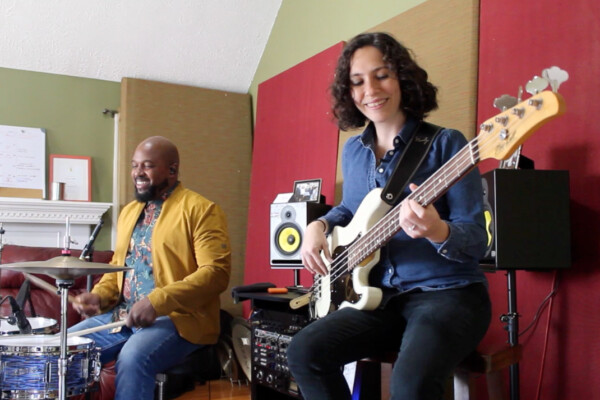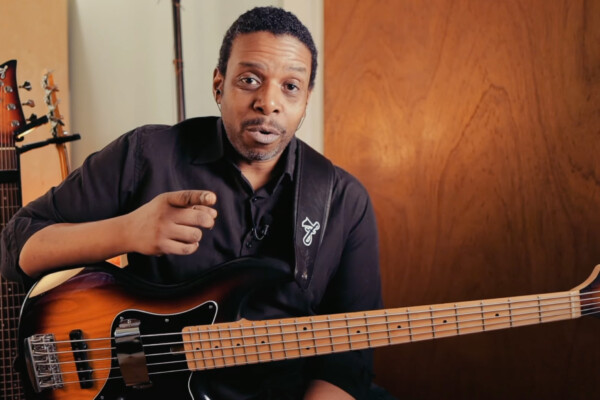Finding the Groove Vs. Letting the Groove Find You

Q: When making music, i.e. improvising, making a song, creating a groove, etc., I find myself sometimes approaching it from what I hear while fiddling around, and at other times approaching it more cerebral, as in “let’s create a groove that has a flat nine in it.” I like to call these the bottom up (let the sounds guide me) versus the top down (let my mind guide me) approaches. Personally, I don’t feel that anything’s wrong with either approach but I wonder whether you and others do something similar or rather do only one or the other. Can you say something about this?
A: There is absolutely nothing wrong with that approach. One of my ultimate musical goals has been to get to a place where I could either think my way or hear my way through just about anything. I think about it that way because, at least the way my brain works when I’m playing music, I always do a little bit of both. How much of one over the other depends very much on how “in the zone” or connected to the music in the moment I am.
Sometimes I may feel a little off, a little hyper-aware of myself, nervous….whatever the case may be. In those instances, It’s like my ears and intuition get “off” somehow. Things don’t sound as good, ideas don’t come as naturally, attempts to “go for it” often miss the mark by some degree.
Other times, I’m very in the moment and I can do no wrong. I’m overflowing with ideas and everything I try works beautifully. I can not even think about the notes or chords and go for things (by feel and ear) and they’ll be some of the best stuff I’ve played. I just hear what wants to be there and know how to make it happen.
Of course, I’d like to exist in that state ALL of the time (I suspect some of the greats do just that). But my reality and level of ascension just aren’t there yet. It may never be. Therefore, I like to feel confident in either a space of playing by brain or playing by feel/ear.
I’ve gotten to a place where I know that, at my worst, I’ll be totally acceptable. The reason being that I’ve made sure that I can operate well in a place of the brain as well as the ear, depending on my headspace in the moment (or any other factors).
Often, when I’m playing, the first few minutes are spent sinking into the moment. In those moments, I’m able to (unconsciously) evaluate where my head is at in the now. There is a bit of an ebb and flow to my “brain vs feel” operating headspace. The meter can move further to one side or the other of the spectrum but it is almost always somewhere in between operating fully in either space in total.
What happens much of the time is that I’m listening to the music as a whole and I’m hearing what needs or wants to be someplace in the music. When I’m moving through changes (especially when soloing, but also when walking), I’m hearing the longer arcs of my line and trying to hear things compositionally. To that end, I’m playing by ear. I’m playing the dynamics, playing the longer arcs of a line or idea but I’m also making micro-adjustments based on what my brain is telling me with regard to my note choices and the changes happening.
In other words, I might hear myself moving downward in a line and my brain will kick in and remind me to play a Bb instead of a B natural because of how it’ll play against the chord.
My overall approach is to think hard in the shed so that I don’t have to on the gig. This also relates to how one is generally more or less comfortable playing music when they have prepared appropriately. Especially on tough or high profile gigs, I try to be over-prepared because I can’t control all of the circumstances. The sound might stink, I might be jet-lagged, I might be sick, I might be nervous for some reason. That’s when the preparation and training come in to save the day. In the shed, I’m operating in optimal conditions (for the most part). I can hear everything, I’m comfortable there with my cup of coffee or tea, I’m rested, I’m fed, etc… I want to make sure that I’m prepared enough to still operate at a high level in the least optimal setting as well.
This might seem unrelated but I put it in the same category as being comfortable thinking through changes as you are hearing them. It’s all a means to an end. A well-rounded ability to operate within musical constructs in a variety of settings.
My advice is to foster and explore both areas and ways of being. A little bit of both is usually (for me at least) the way to go!
Have a question for Damian Erskine? Send it to [email protected]. Check out Damian’s instructional books, Right Hand Drive and The Improviser’s Path.



